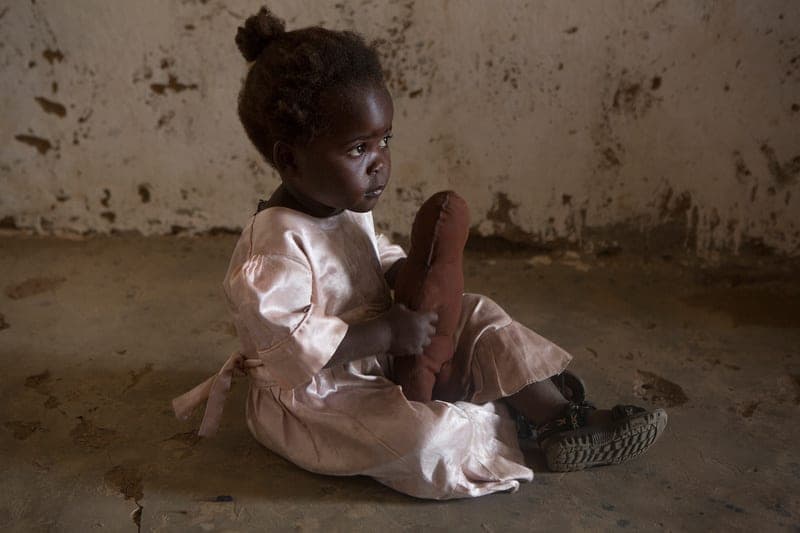The classic dream of every child in an orphanage – played out in many Hollywood movies – is for a wholesome family to come along and adopt them. However, this narrative is based on a myth.
For most children living in an orphanage, their only dream is to go back home and live with their parents. That’s because the vast majority of children in orphanages – 80 to 90 percent – have at least one living parent.
A new report from UNICEF says that at least 2.7 million children live in orphanages globally. The truth is we do not know the exact number because many countries simply are not counting them. It could be ten times the UNICEF estimate.
In Indonesia alone there are estimated to be half a million children in orphanages, and 94 percent of these children have a living parent. This report by UNICEF raises the issue of children being counted and a need for more reliable data to drive decision making.
So why are so many children with parents living in an orphanage? The biggest single cause is poverty, followed by limited access to basic services, such as education and health care. Parents often give up their children thinking they will get better care in an orphanage.
Making matters worse, the living conditions in many orphanages are deficient and leave these already-vulnerable children at risk for child trafficking, prostitution, and crime.
In Haiti, the number of orphanages has proliferated in the wake of natural disasters. Conditions frequently do not meet even the most basic government standards for the protection of children.
Kids are packed into small spaces, two or three to a bed, with little or no adult supervision, and still without access to education and health care. The Haitian government estimates less than 15 percent of the 760 orphanages in Haiti meet government standards, and that 140 should be closed immediately due to poor living conditions.
Most advanced, wealthy nations – including the United States – long ago stopped sending children to orphanages or similar institutions. That’s because decades of research show that even the best run institutions cannot match family care.
In fact, the research shows that for every three months in an institution, children lose a month of development. And worse, institutionalized children are at risk from other threats such as malnutrition, stress, anxiety, and abuse.
So, if we don’t institutionalize children in our country, why do we permit, even encourage and support, orphanages around the world? Working together, Catholic Relief Services, Lumos, and Maestral International are committed to putting orphanages in the dustbin of history.
Our proposal, “Changing the Way We Care” is a semi-finalist in a competition run by the John D. and Catherine T. MacArthur Foundation for a $100 million grant to solve a societal problem of our time. Win or lose, we are determined to make a global culture change that will keep children with their families instead of sending them away to orphanages.
One way we will support families is by providing adequate support services in the community to help parents raise their children at home. Working together, we can reunite families and provide the community-based services that they need, often by turning existing orphanages into family support centers instead. It’s less about putting well-meaning institutions out of business, and more about putting them in the right business.
We recognize there are some true orphans in the world, and situations where it is not healthy or safe for a child to return to their family. Just as we do in this country, we can provide non-institutional alternatives; children can live in family-based care with relatives or foster families.
Our strategy is tried and tested. The reintegration of children into families is already proven effective in countries such as Bulgaria, Ethiopia, Guatemala, Rwanda, Moldova and more. In Moldova, thanks to an investment in family-based care services, there is a 71 percent reduction in the number of children in orphanages. Findings consistently show that most parents, when given the right support, want to keep their child at home rather than place them in an orphanage.
Many well-meaning donors support orphanages, thinking they are helping children in need, but they are actually perpetuating the problem. Family care is not only better for children but also considerably more cost effective. We can help ten times the number of kids in family care that we can in an orphanage.
The first step in protecting poor and vulnerable children is recognizing the enormity of the problem and ending the orphan myth. Then we can get on to real happy Hollywood endings.
Sean Callahan, President and CEO, Catholic Relief Services
Georgette Mulheir, Secretary, Board of Directors, Lumos Foundation USA
Philip Goldman, Founder and President, Maestral International














